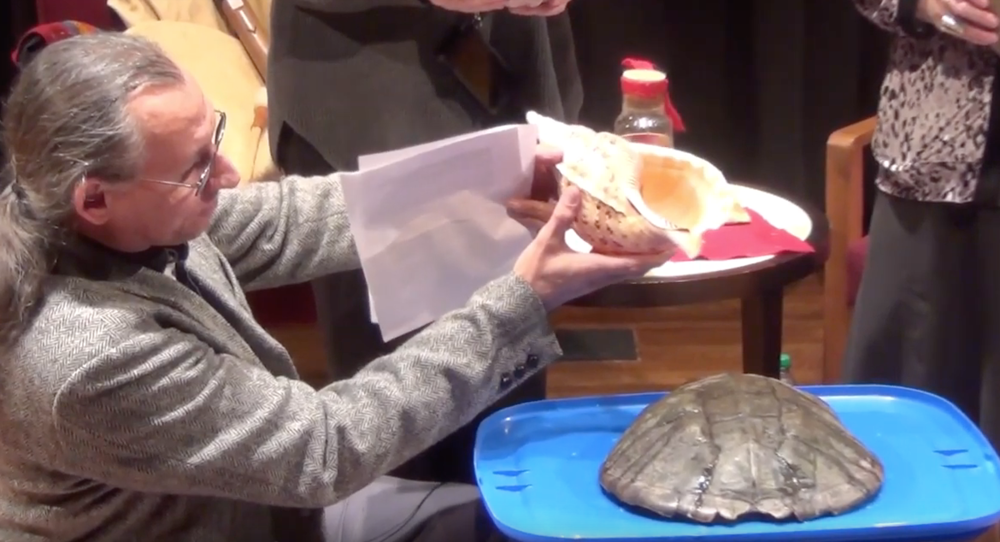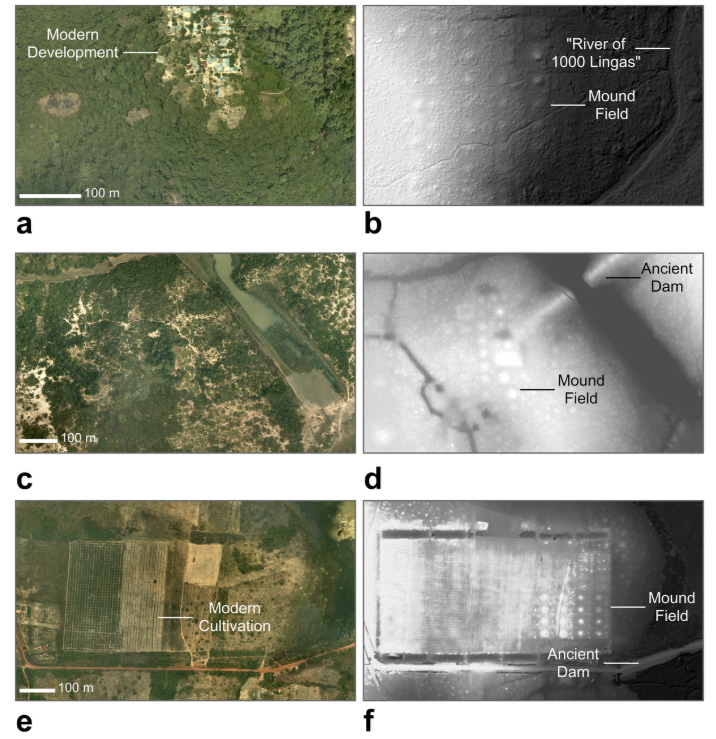THROWBACK THURSDAYS: More than the Mississippi: The River as "Here"
The University of Minnesota Twin Cities campus sits on both banks of the Mississippi River, one of the world's great waterways. The river has sustained the land, plants, animals, and peoples who have lived on it for millennia, yet too often it remains a blue line on a map, or "just water," a minimizing of its power, necessesity, and history. In the spring of 2015, the Institute for Advanced Study, along with the River Life program, presented a symposium entitled "The Once and Future River: Imagining the Mississippi in an Era of Climate Change," which was funded by the Andrew W.

